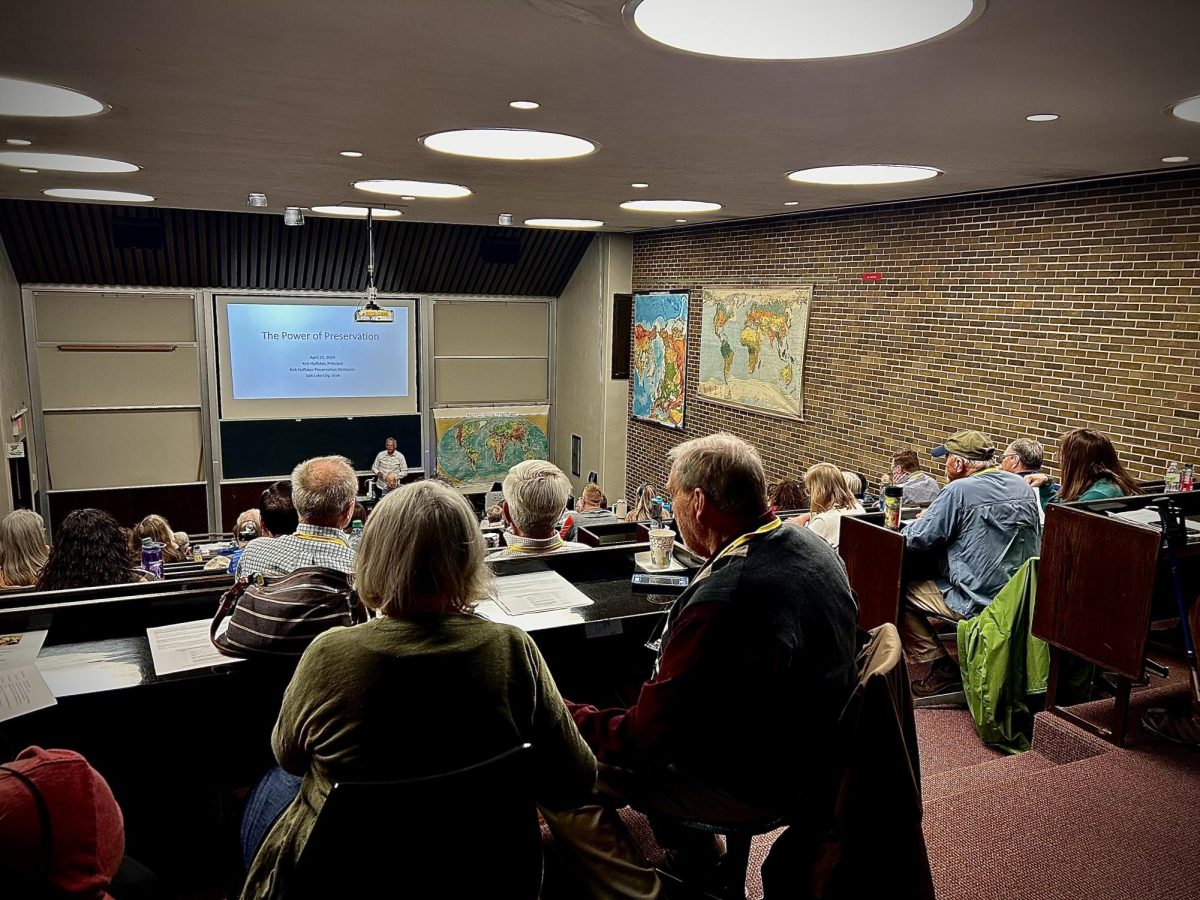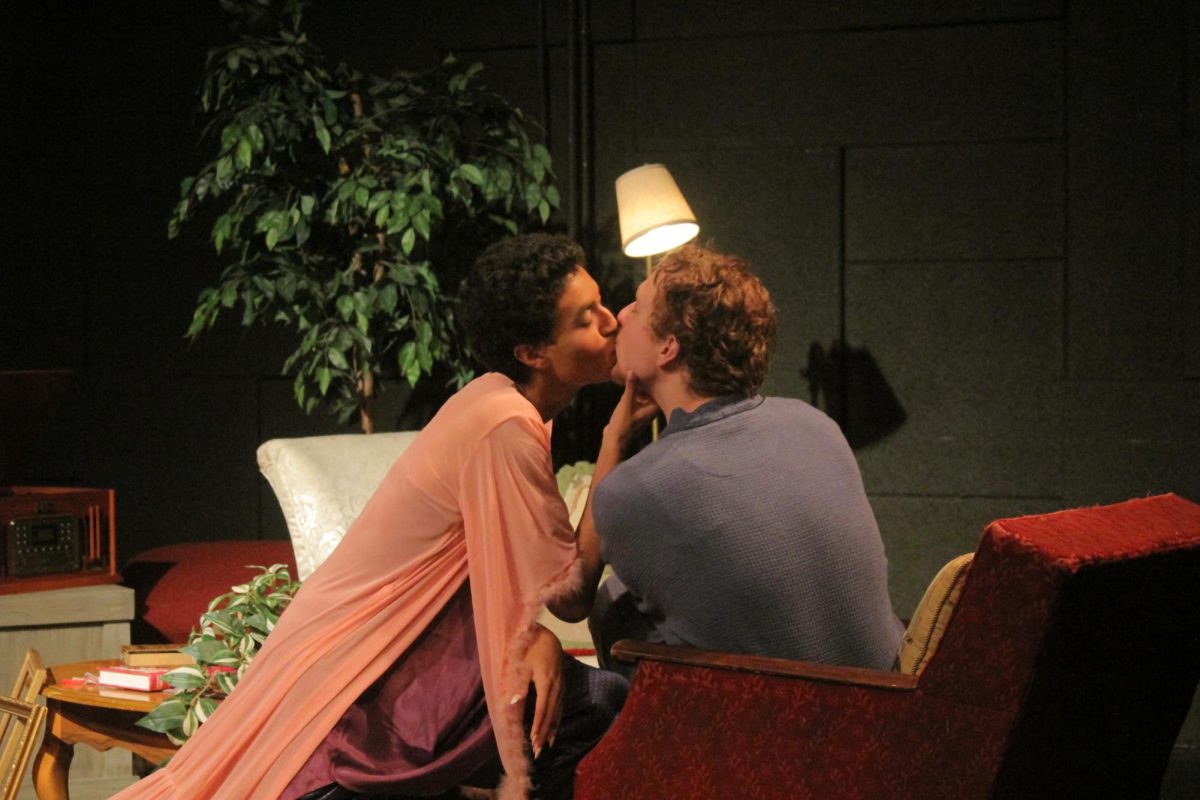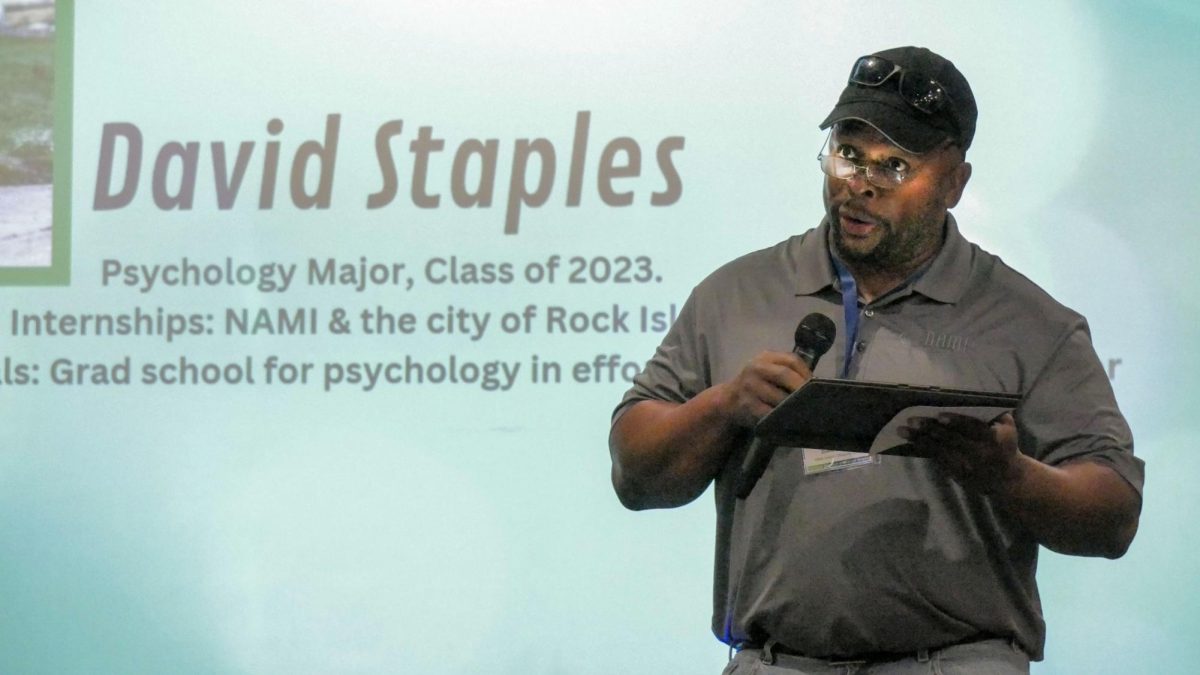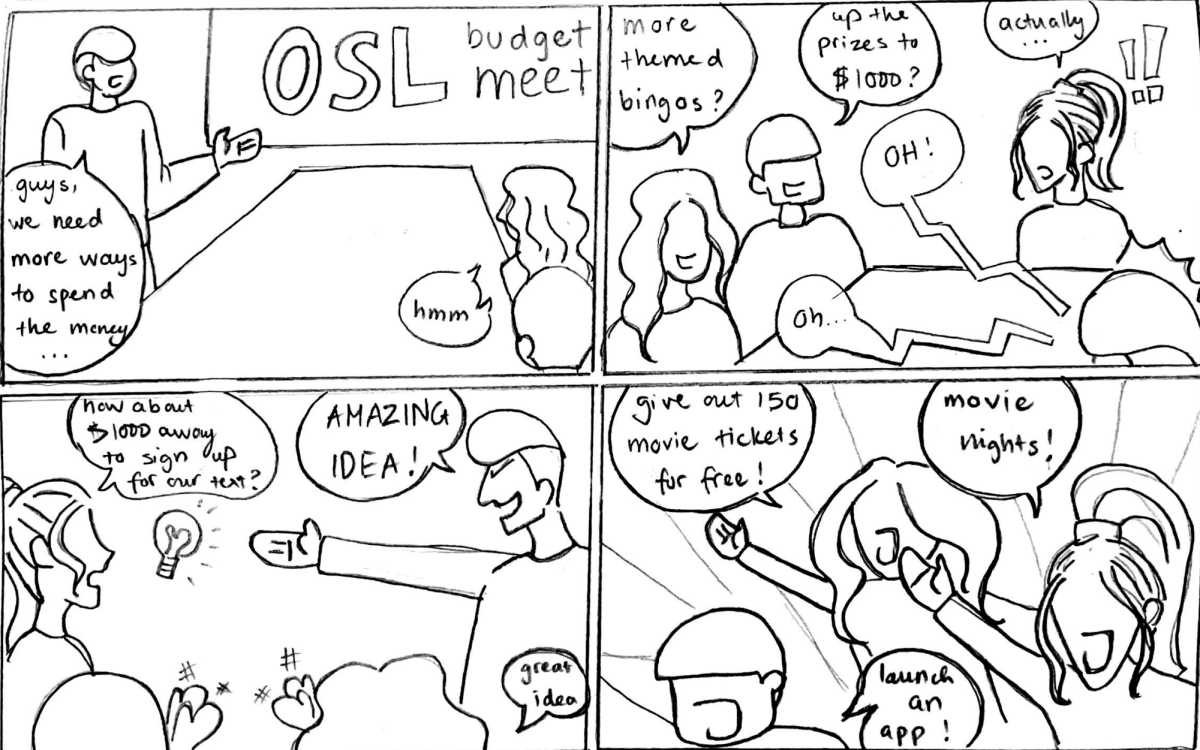During the 2015-2016 school year at Augustana College, approximately 60% of the $75 million budget, which is around $54 million, went towards payroll for employees. This 60% covers administration, professors, maintenance workers, CAs, and any variety of workers on campus. The rest of the budget goes towards any expenses left for across the campus.
“Any type of activity that goes on on campus would be an individual expense and (the budget) goes towards that,” said Kirk Anderson, the CFO of Augustana College.
Groups such as Student Government Association (SGA), Office of Residential Life, Office of Student Life (OSL), and CORE are given a stipend of money at the beginning of the year and then will formulate their own budget. Overall, the budget of these four groups makes up about 2%, or $1.5 million, of the budget.
For example, SGA began the year with a budget of $122,612. They then go through and look at the budget requests of each student organization and grant them a beginning budget. After granting budgets, SGA was left with $56,757 in contingency money to grant to student groups throughout the year. They currently have $17,777 dollars left in contingency money and Kevin Seelander, the treasurer of SGA, expects there to be about $15,000 left by the end of the year.
“This senate has been pretty conservative with the money in the sense that they want to know exactly where everything is going,” said Seelander. “When they feel like they don’t understand where the money is going, they’re not going to grant it, which I feel is a very good thing.”
SGA senators are also not paid, so payroll is not an expense that they have to worry about.
The Office of Residential Life also has a budget of about $45,000 dollars set aside specifically for student programming. About 80% of their actual budget also goes to payroll, for Public Safety, CA’s, and other employees. The rest is used for multiple reasons, whether it be for cable in the dorm rooms or an emergency fund set aside for any prepares, such as when a tree fell on the Arbaugh apartment in recent high winds.
“(Following payroll) the next biggest chunk is actually the buildings,” said Chris Beyer, Director of Residential Life at Augustana. “Maintenance, repair, custodial, and facilities fall under that category.”
Beyer said that Residential Life’s programming dollars, which is what they use to fund activities such as the recent bonfire, is just a small amount of their overall funding. It’s about $40,000 dollars of their overall budget, but money from there can also be taken out to cover other expenses Residential Life may experience.
Beyer said that Residential Life rarely has a large amount of money left over at the end of the year. They do their best to get as close as possible to their overall allocation without overspending.
According to Dr. Michael Edmondson, Associate Vice President for Careers and Professional Development, estimated that CORE has about $12,000 set aside for student programming. This money is used for the workshops and Lunch and Learns that are hosted by CORE. Much of the work that is done by CORE is done internally, which is why they have a smaller budget for programming.
OSL has separate budgets for many of their different organizations, all which are part of their Student Life Programming Board. Comedy Club receives $15,000, games, (which includes bingo, trivia, etc.) receives $10,000, Augie Cinema receives $20,000, and Live on Campus receives $15,000.
Anderson say that each of these four department has goals that are set at the budget meeting, which is very important to decide where the money goes for each group.
“That money goes to those specific areas to adhere at make sure we fulfill goals we set at the beginning of the year,” said Anderson.
Leftover money, such as the $15,000 that SGA has left over, does not carry over to their budget for the following year. Instead, there are two places that it might go.
Certain groups have accounts where leftover money can go. For example, if SGA does a fundraiser and raises $800 but only ends up using $600 of that, the leftover $200 will go into their account. If there is money left over from the original allocated budget, then the money goes to a specific area that needs it. This fundraising also affects the overall organization budgets.
However, if money is left over from the allocated budget granted to an organization at the beginning of the year, it goes to cover other expenses that may not have been expected at the beginning of the year.
“For instance, if OSL sets aside $15,000 of movies at the beginning of the year and they only use $10,000, typically what happens is that she (Dean Evelyn Campbell,) is going to have areas where she only allocated $60,000 and $5,000 more than what expected was needed, it balances out,” said Anderson.
Anderson also said that there is not one set group that money will always go to at the end of the year. It varies from year to year.
“I can almost guarantee with a high degree of certainty that if there is some sort operating surplus this year, it’s going to go towards MAP Grant Funding,” said Anderson.
The budgets for these groups stay fairly consistent year by year. However, once again due to MAP Grant funding, issues with the budget may arise this year.
“(Due to MAP grants) this is going to be one of those years where once we determine what the overall budget is, there are going to be action plans in order to address that,” said Anderson. MAP Grant funding is worth about $3.2 million.
“It is very well possible that in September of October, based on the number of overall students, we may revisit the overall budget again,” said Anderson.
The preliminary budget meeting with the president’s cabinet and Board of Trustees will take place in May.
Payroll makes up 60% of annual budget
April 28, 2016






































































































